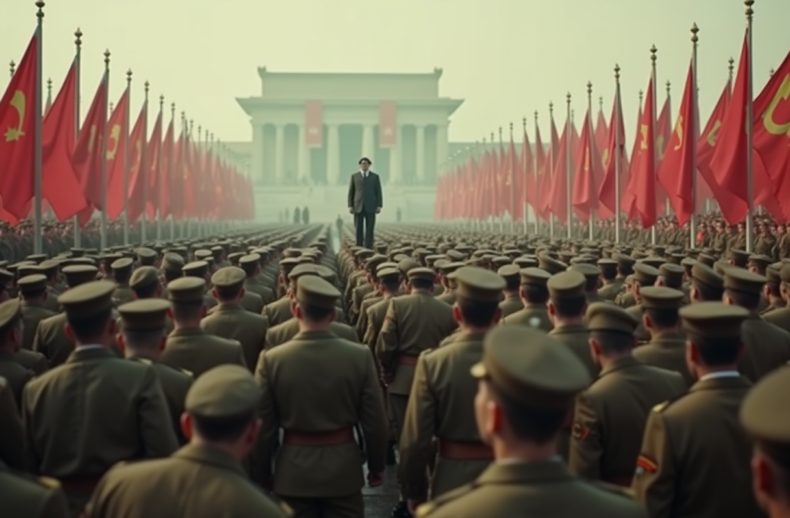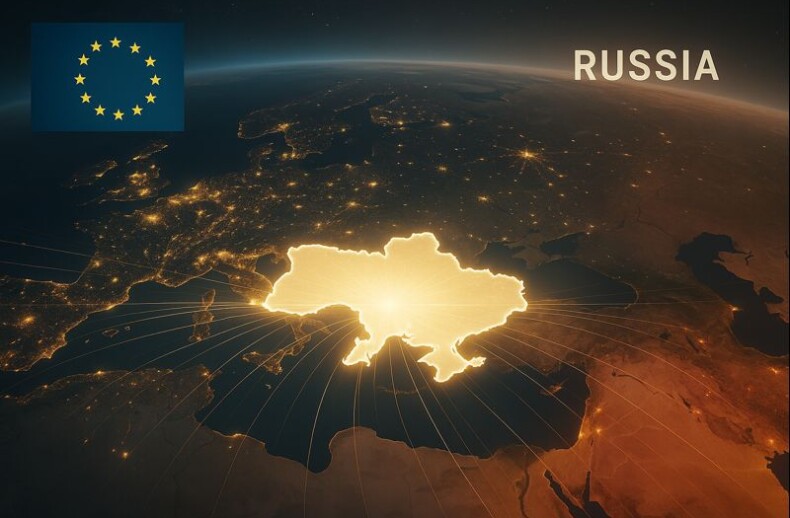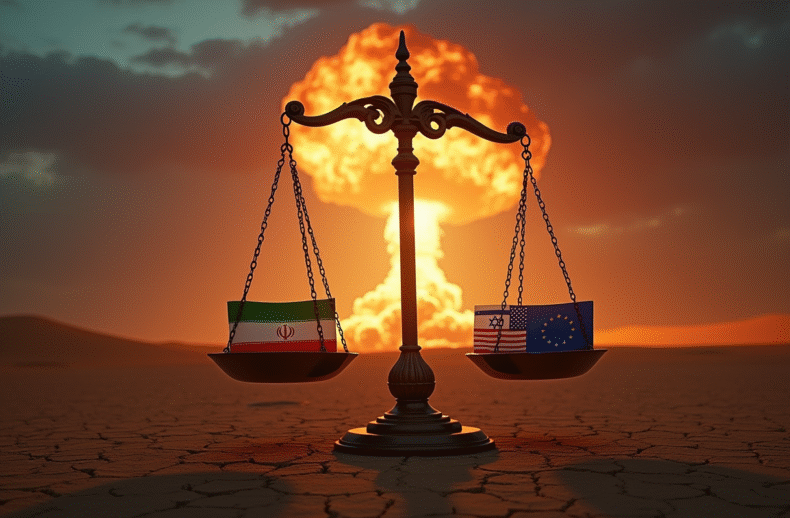The Kyiv Bridge Peace Plan proposes a new geopolitical architecture for ending the Ukraine war by reframing Ukraine not as a contested frontier, but as a neutral economic bridge linking the European Union and the Eurasian Economic Union. The plan begins with a rapid, verifiable ceasefire that freezes the frontline within hours and ties Russia’s incentives to a structured, automatic sanctions-removal mechanism. It then builds a layered economic system in which Ukraine integrates deeply with the EU while simultaneously operating as an interface economy for east–west transit, resource flows, and industrial supply chains.
A central component is a realistic settlement for the Donbas. Rather than expecting its reintegration, the plan accepts current military realities while preventing the region from becoming a sealed-off military block. Donbas becomes a cross-border interface zone: Russian-controlled in practice, but economically and humanitarianly open to Ukraine and embedded in the larger Eurasian corridor.
By combining constitutional neutrality, EU integration, structured access to Eurasian markets, and a pragmatic Donbas arrangement, the Kyiv Bridge Plan replaces territorial absolutism with geoeconomic interdependence. It offers a workable path toward stability by making peace economically more valuable than conflict for all parties involved.













